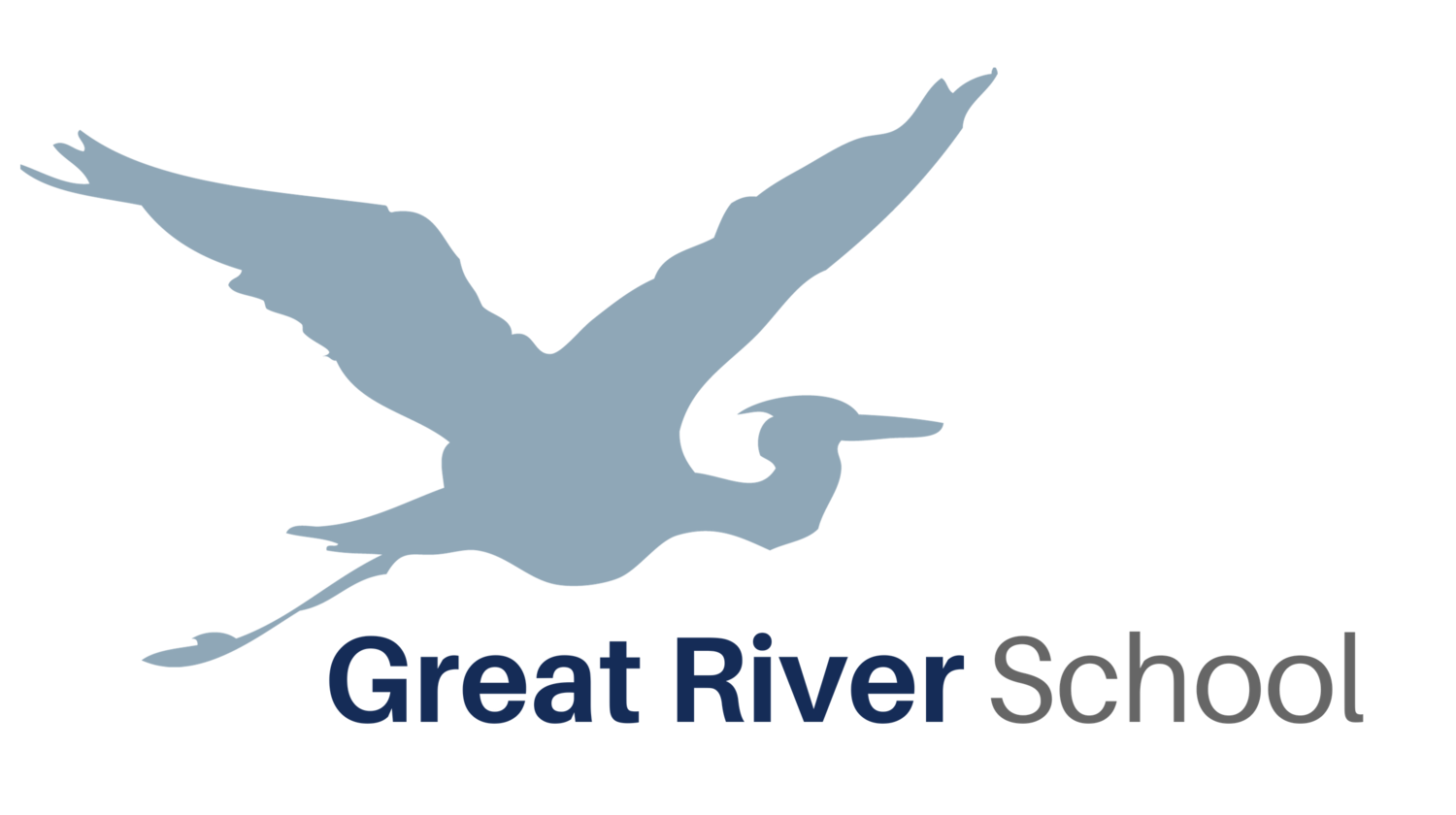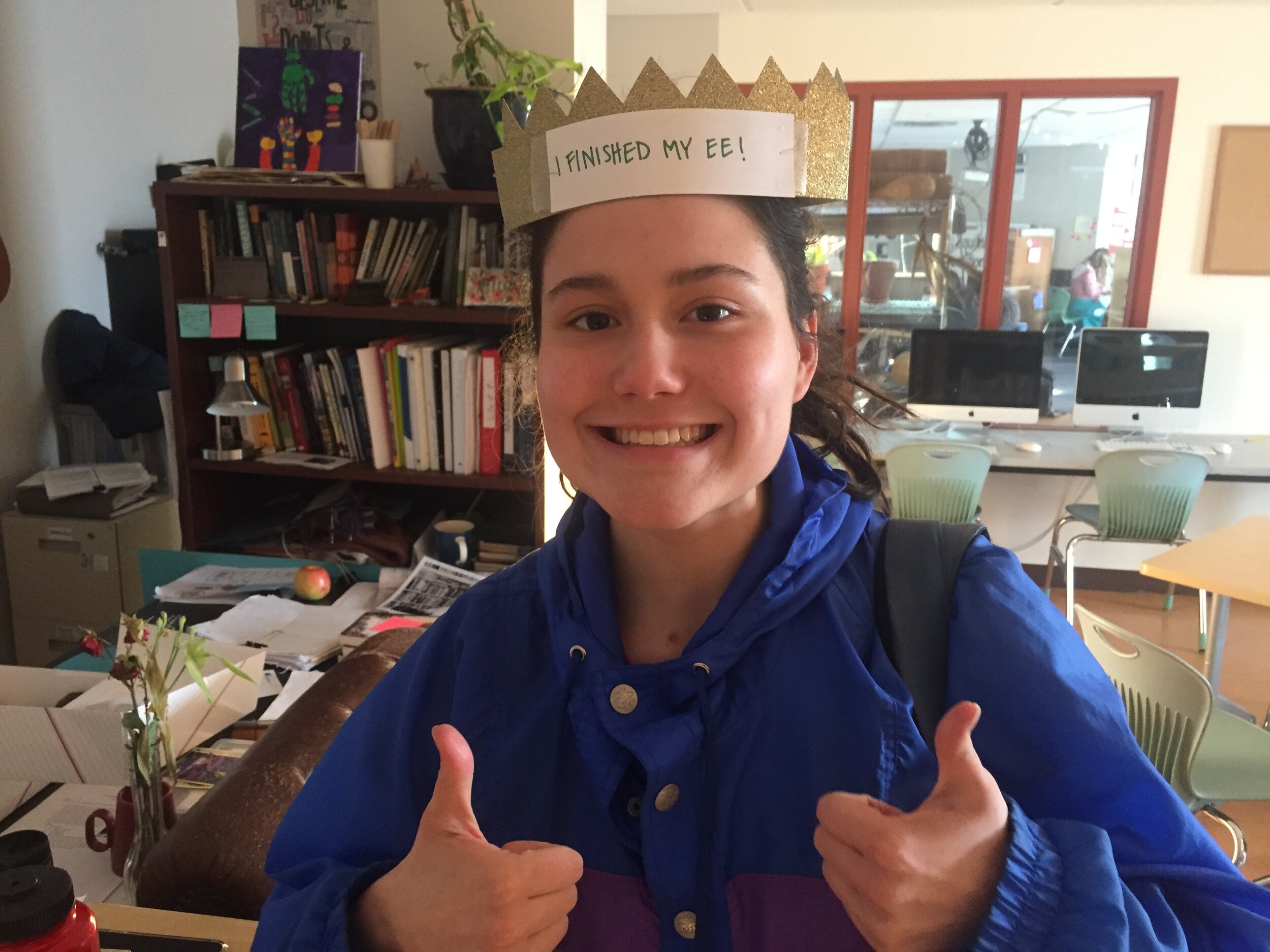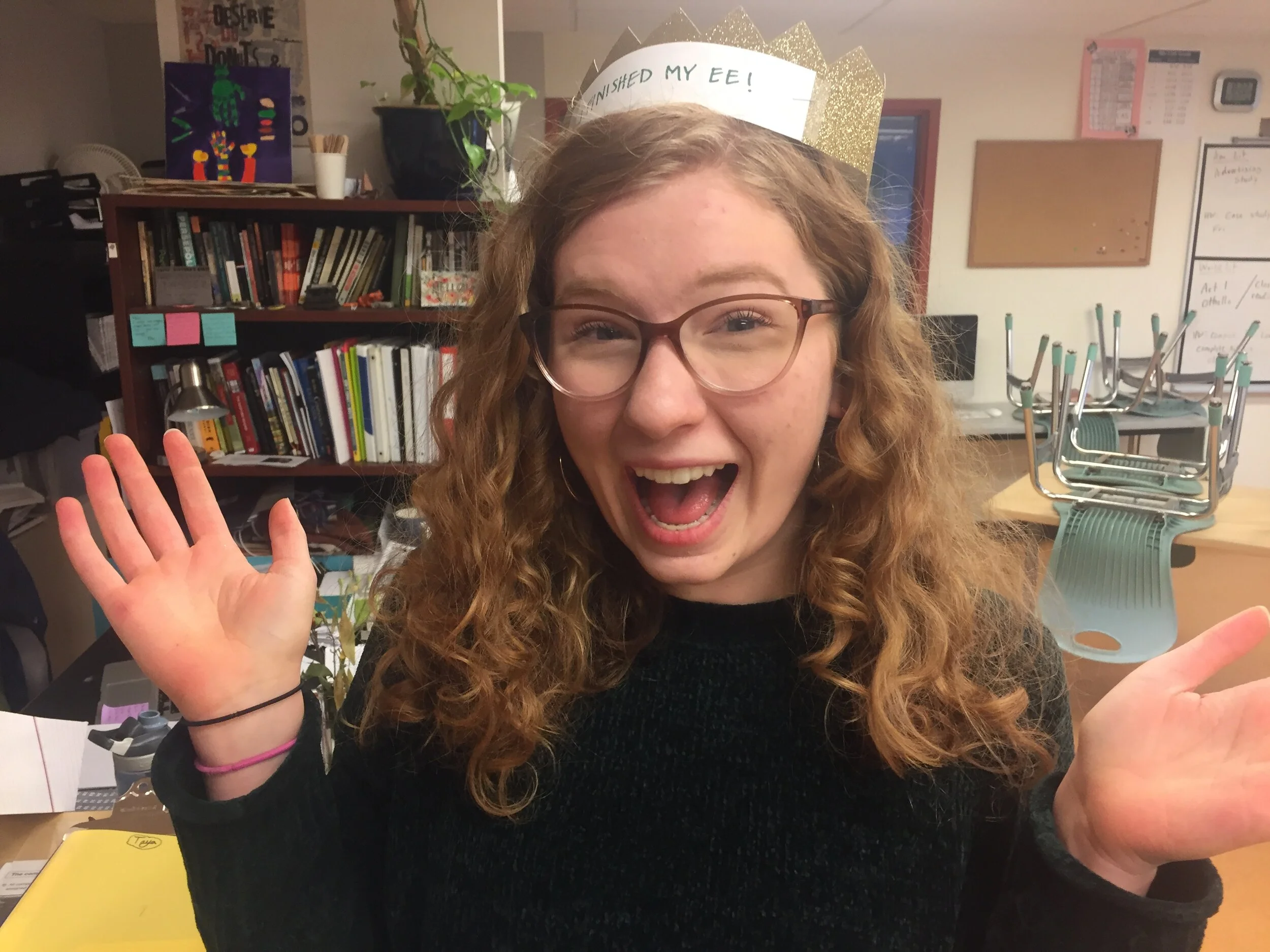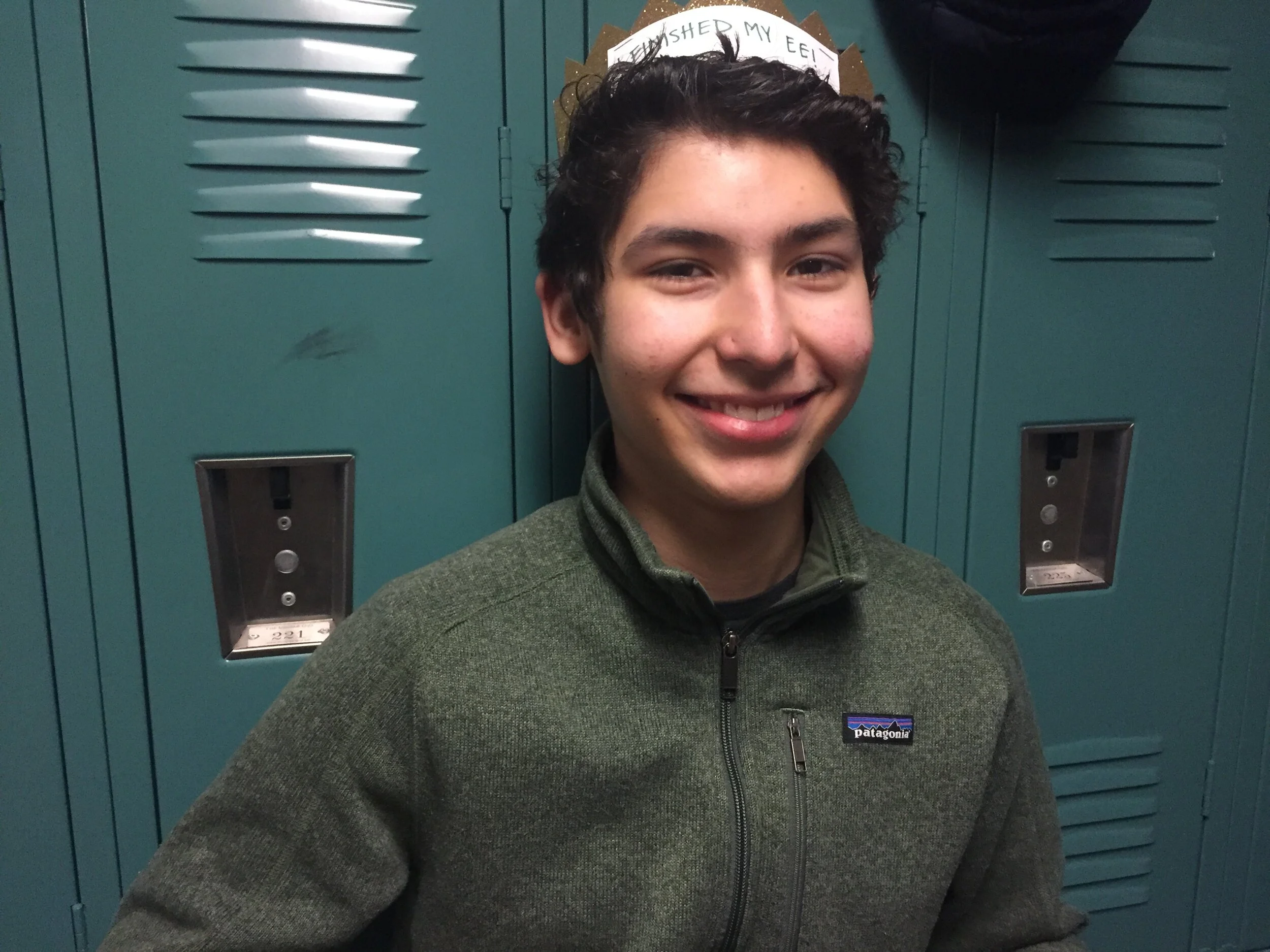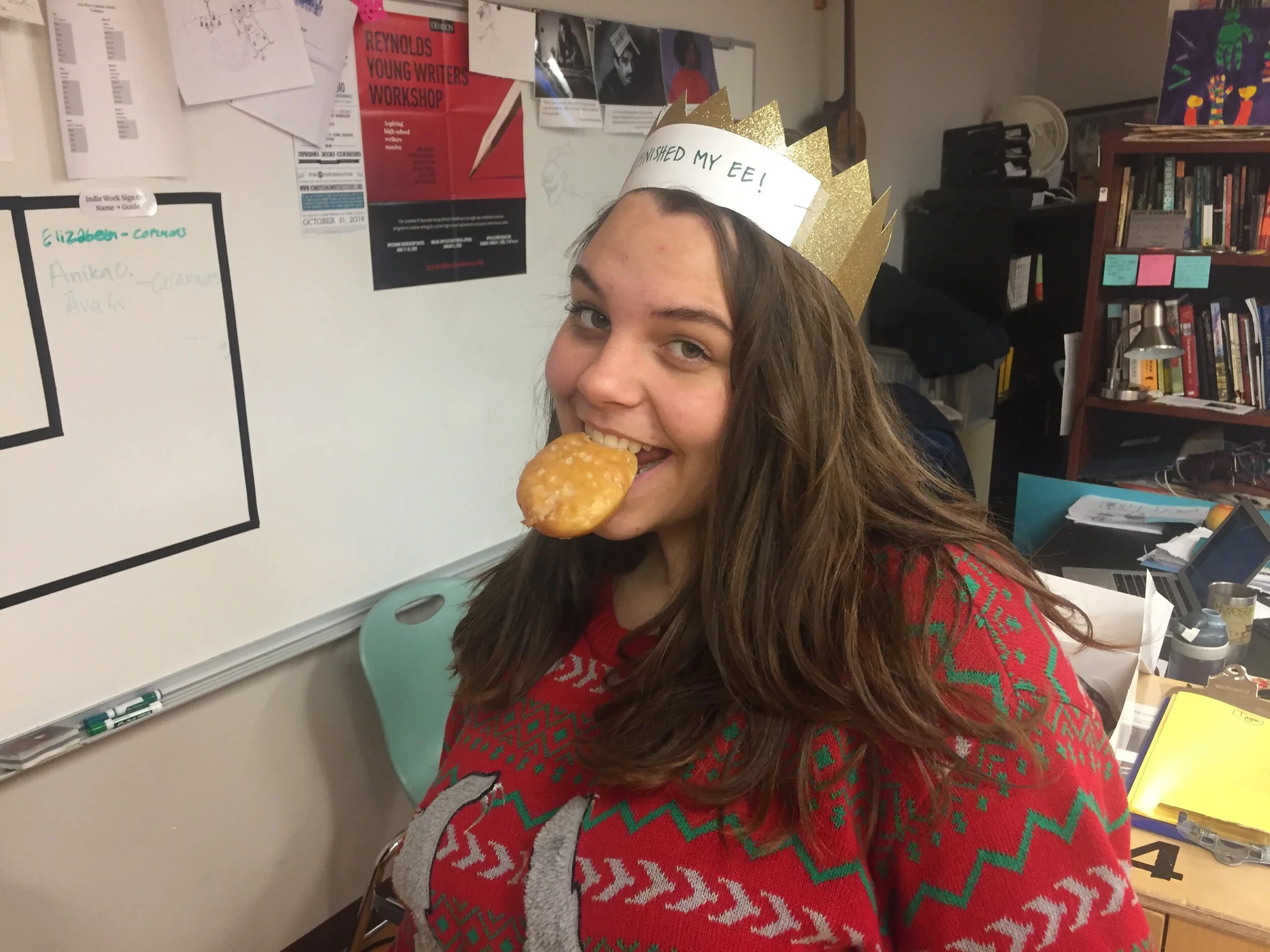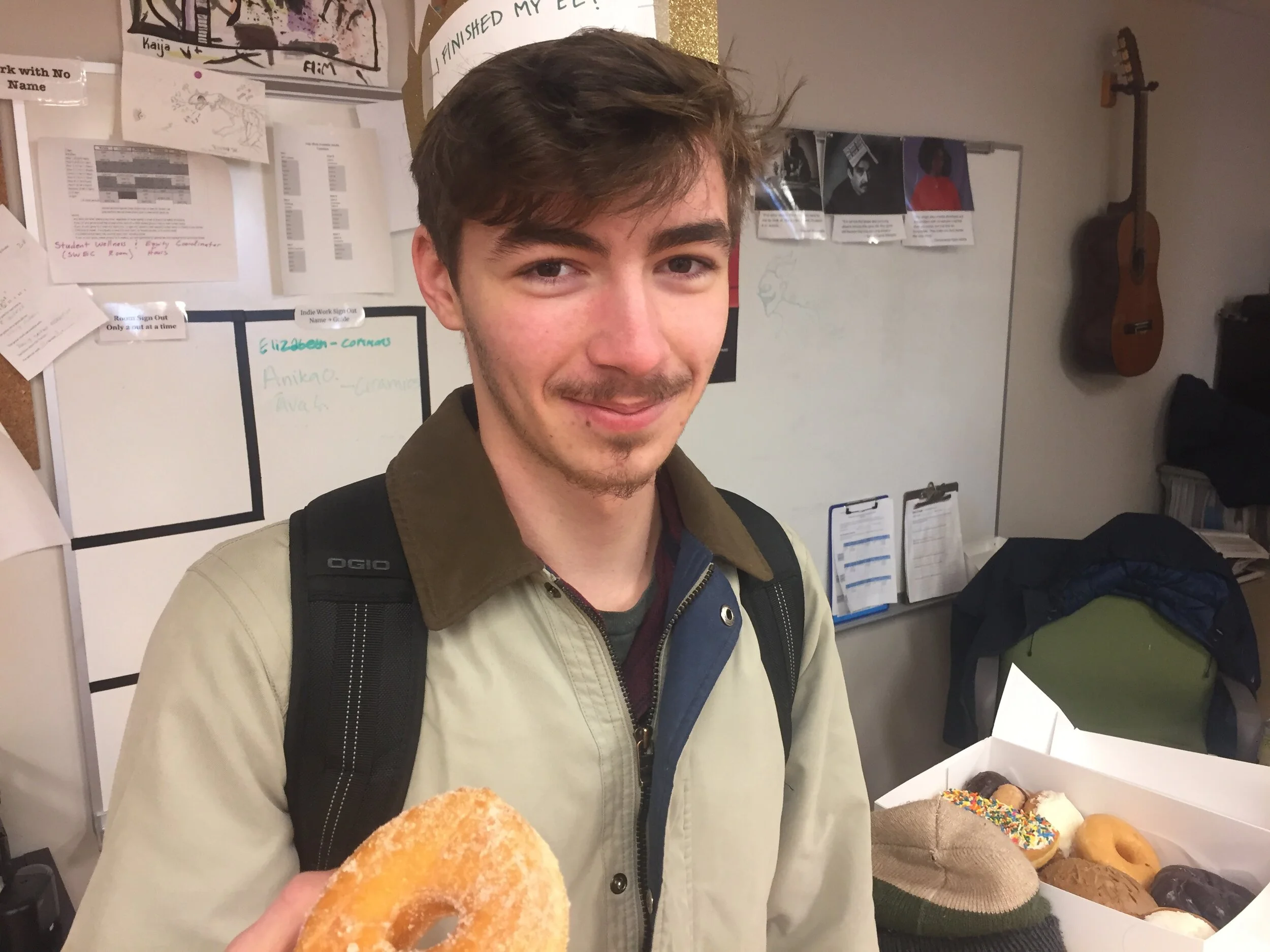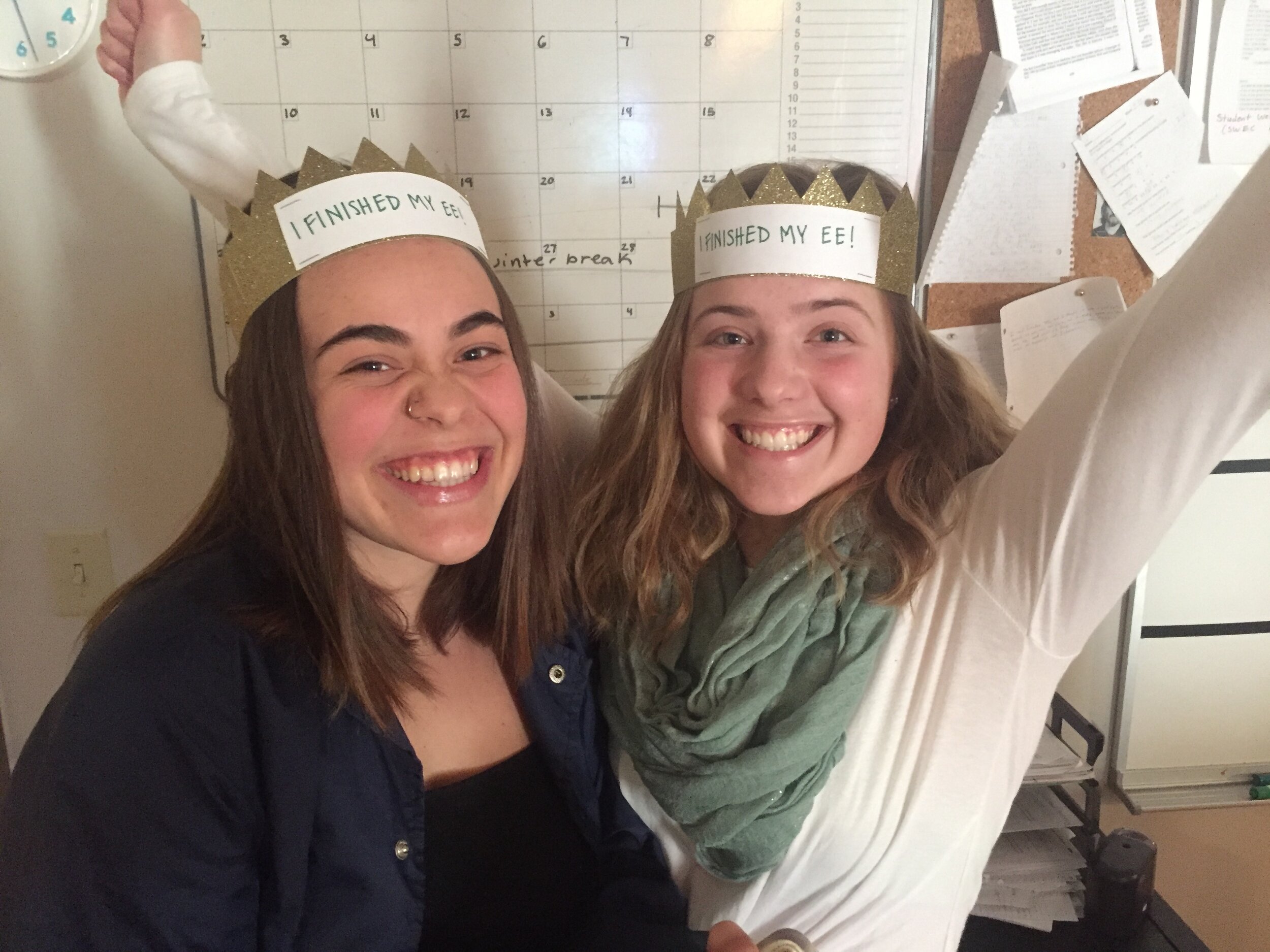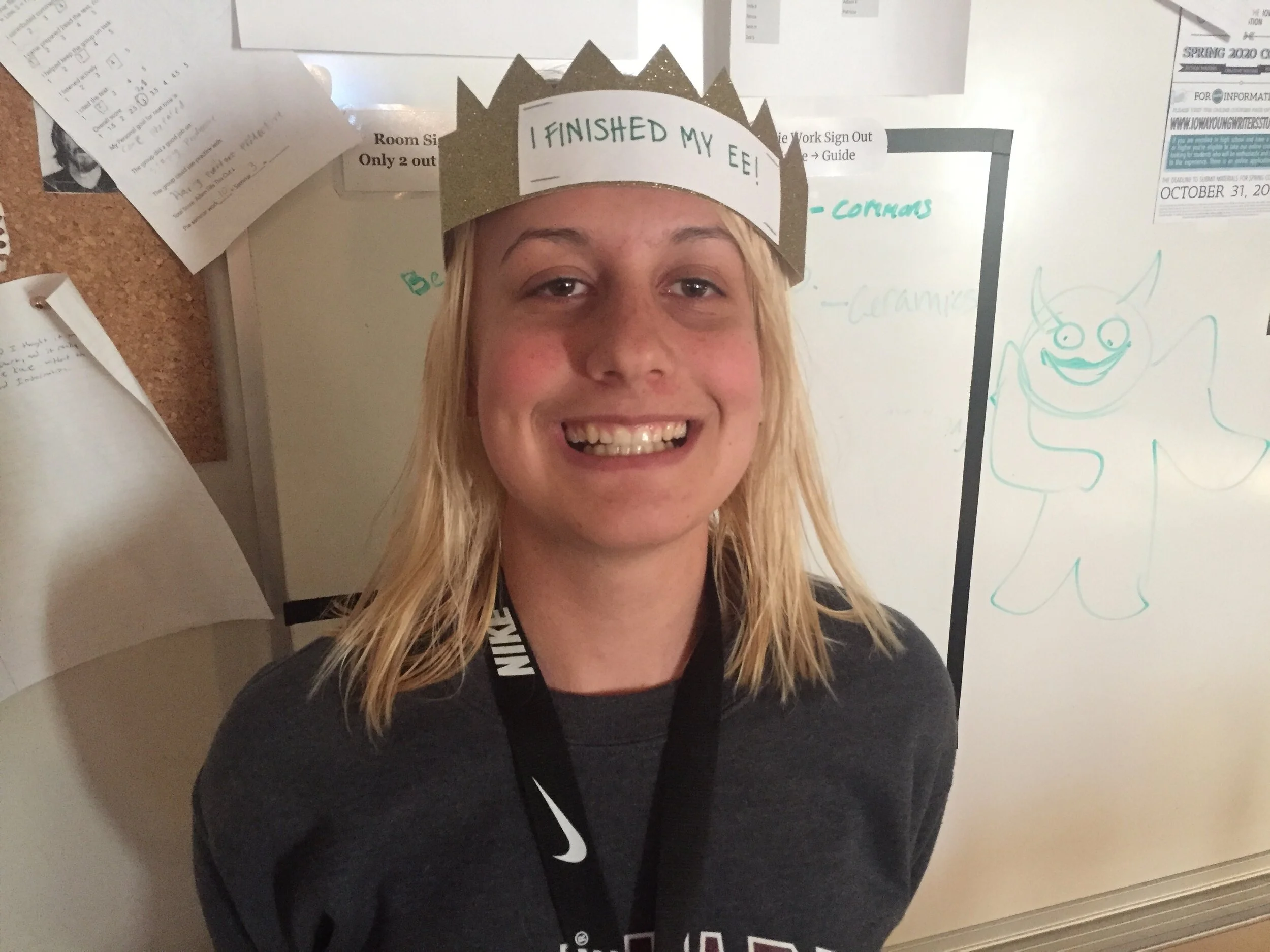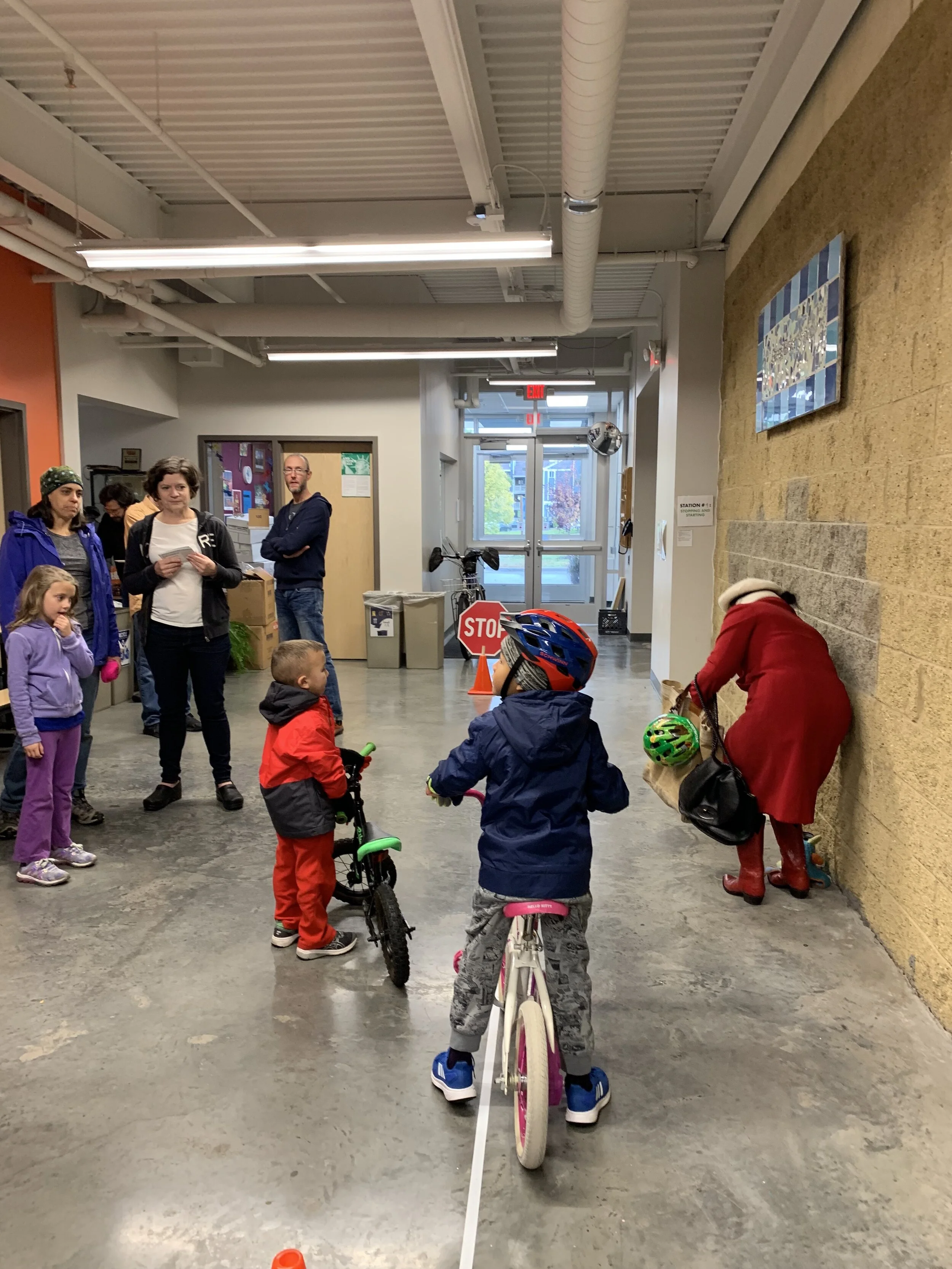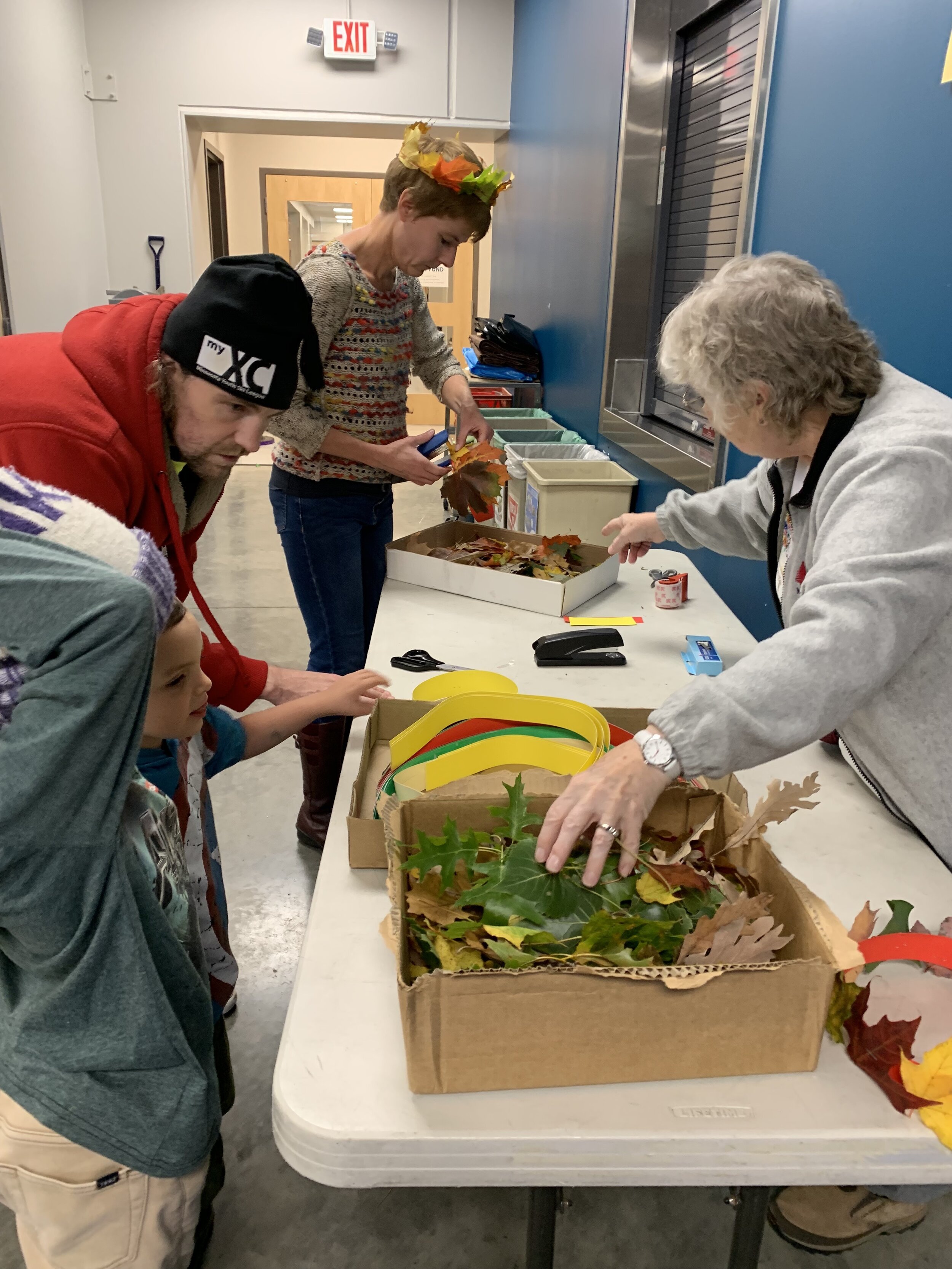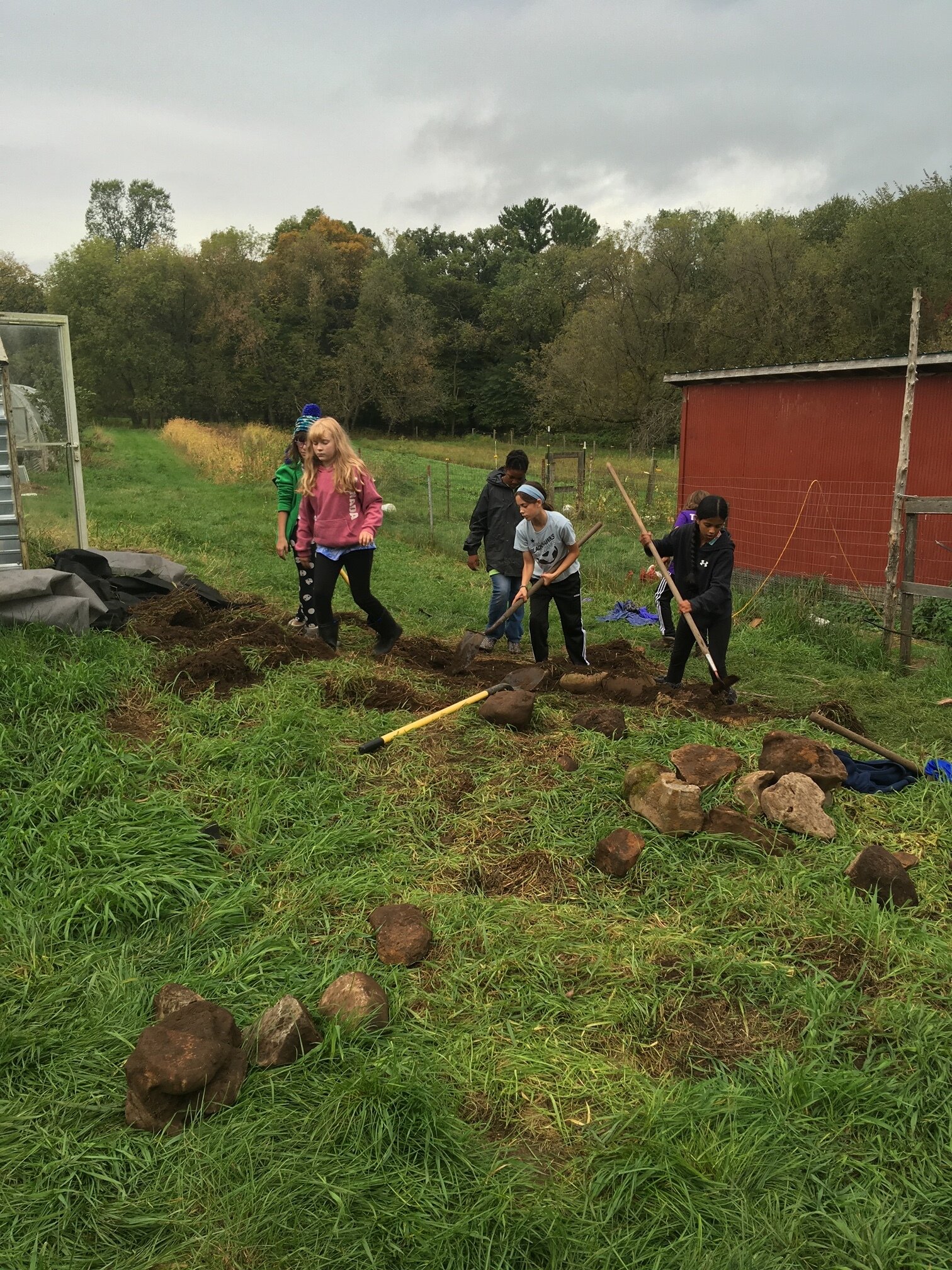by Nadine McNiff, Rice Creek guide
As the new year begins, we reflect on how our beautiful spaces and time spent in learning how to work in community leads to the greatest support for children here at school. Maria Montessori explains what children need from adults; what indeed they might ask from us, “Help me help myself.” Fostering this independence is key and central to how we organize, plan, and use our school and classroom spaces. A prepared environment is one that considers carefully the needs and perspective of the child, and the goals for growth and independence we have for them. At school, this looks like wide hallways, plentiful light, a variety of outdoor spaces, a classroom with artwork and furniture at the child’s level, beautiful materials placed in a specific order on open shelves, objects that hold weight and require careful handling, and spaces that clearly define a child’s personal spaces and materials.
Adults in a Montessori classroom also spend a great amount of time, with children, defining how we will all work together. This includes discussions on what kind of school and classroom we want to come to each day, how we can do our own unique parts as adults and students, and finalizing this thinking and discussion into belief statements. Our classroom beliefs guide our work as a community, throughout the year, in peaceful times as well as times of conflict or differing opinions. We take time each week to acknowledge all the beauty we recognize in our work together and address when we are having difficulty in upholding our beliefs or failing to do our perspective jobs. Spending time preparing environments and agreeing on how we will work together is central to our healthy community. We know this type of investment and work is important in our student’s homes as well.
Preparing your home for independence takes some time, planning and thoughtfulness around the freedoms and responsibilities you understand are right for your child. Including children in the daily life of your home is one of the most important indicators of their success at school, and in life. This might look like rethinking your routines such that your child has time and space to get ready independently, giving your child special jobs or chores that are their responsibility, asking for their input and perspective in appropriate family decisions, and organizing their sleeping spaces and personal spaces sparsely, beautifully, and with a goal of independence in mind. Preparing our homes and including children in our family life fosters purposeful work, practical life skills, and builds self-reliance and discipline. Let them show you just how MUCH they can do.
Freedom and independence are vital, but we all know that there are some decisions and rules that are not appropriate for our children to make. It is our job as adults to set the limits and hold fair and firm boundaries. Moreover, although we often hear them protest these limits, we understand this consistent structure to be comforting and healthy for our children. It is worth considering what are those parts of your family life that children can make choices about, saying yes as often as is healthy and safe. This way, when we say no, and explain why we are making these decisions, they can trust (even if they don’t understand) that we are doing so, because this is our job as adults.
There is much thought and expertise surrounding these ideas. We have attached a resource to guide you in planning spaces and designing how you work together in your homes. We understand that you are the holder of unique insight and knowledge about your child that allows you to make the best decisions about how to create opportunities for independence and healthy boundaries at home. We also know children are served best when schools and families do this in partnership.
Resources
A Parents Role: How it Differs from That of a Guide
https://www.mariamontessori.com/2013/12/18/a-parents-role-how-it-differs-from-that-of-a-guide/
